Electronics have become a necessary component of our everyday life in the digital era, and learning about integrated circuit (IC) is fundamental in most electronic gadgets. From homes to computers to cell phones, ICs power and allow many uses. Usually composed of silicon, an integrated circuit is a compact assemblage of linked electronic components including transistors, resistors, and capacitors all implanted into a tiny semiconductor chip.
By making smaller, quicker, more efficient devices possible, the integrated circuit (IC) transformed the electronics sector. This paper will discuss integrated circuits (IC), along with its meaning, uses, and advantages, thereby clarifying why ICs are so important in contemporary technology.
Detail About Integrated Circuit (IC)
An integrated circuit (IC) is an electronic device combining many components into one unit to carry out several uses like data storage, processing, and amplification. These parts are joined via small channels to let the electrical signals flow.
Types of Integrated Circuits
ICs can be broadly classified based on their functions and applications:
- Analog ICs:
- Used to process continuous signals such as sound and temperature.
- Common applications include audio amplifiers and sensors.
- Digital ICs:
- Handle binary data (0s and 1s) and are found in computers, microcontrollers, and logic gates.
- Examples include microprocessors and memory chips.
- Mixed-Signal ICs:
- Combine both analog and digital functions within a single chip.
- Widely used in communication systems and signal processing.
Applications of Integrated Circuits (ICs)
The versatility and efficiency of ICs make them suitable for a wide range of applications across various industries. Some of the most common uses of integrated circuits include:
1. Consumer Technology
The backbone of consumer electronics are integrated circuits, which also help devices to be smaller and smarter.
2. Computing and Information Technology
By allowing data processing and storage, ICs are very important in computers and IT infrastructure.
3. Sector of Industry Automobile
For control and automation in modern cars, integrated circuits are essentially indispensable.
4. Telecoms
Communication networks depend on ICs as they provide perfect connection and signal processing.
The many uses of ICs show their indispensible importance in contemporary technologies as they provide performance, dependability, and efficiency in many different fields.
To maximize their potential, companies often rely on electronic design services to develop customized IC solutions that meet the specific requirements of industries.
Benefits of Integrated Circuits (ICs)
ICs provide significant benefits over conventional electronic circuits built of discrete components. Among the major advantages are:
1. Minimization
By cramming many components onto a tiny chip, integrated circuits have made it possible to create light-weight, small gadgets. Industries like mobile technology and healthcare have been transformed by this shrinking of scale.
2. Extreme dependability
Because they have fewer soldered joints and connections, ICs are less likely to fail than discrete circuits. This increases the general dependability of technological equipment.
3. Reduced Power Consumption
ICs are perfect for battery-operated devices like wearables and cellphones as their effective design helps them to use much less power.
4. Economical Reversibility
Mass production of ICs lowers manufacturing costs, which helps customers to find electrical goods more reasonably priced. ICs’ cost effectiveness has pushed technical developments in many different sectors.
End Note
Integrated circuits have transformed electronics by enabling smaller, quicker, more efficient devices. From medical tools to cell phones, ICs are very vital in daily life. ICs will change with technology, allowing increasingly more complex uses. Anyone interested in current electronics and their future possibilities has to understand integrated circuits (IC).
FAQs
1. What is an integrated circuit (IC)?
Designed to serve certain purposes in electronic devices, an integrated circuit (IC) is a compact chip including several electronic components like resistors, capacitors, and transistors.
2. What are the types of integrated circuits?
Analog, digital, and mixed-signal variants of ICs abound in electronics and communication systems, each with uses.
3. How are ICs used in daily life?
Modern living is more convenient as ICs are found in cell phones, computers, vehicles, medical equipment, and many consumer gadgets
4. What are the advantages of ICs over traditional circuits?
Compared to conventional circuits, ICs provide benefits like miniaturization, reduced power consumption, greater dependability, and economy.
5. Can ICs be repaired if they malfunction?
Generally, ICs are replaced when they fail; their complicated architecture makes them un-repairable.
6. What materials are used to manufacture ICs?
Because of its great electrical characteristics, silicon is the most often used component in IC manufacture.
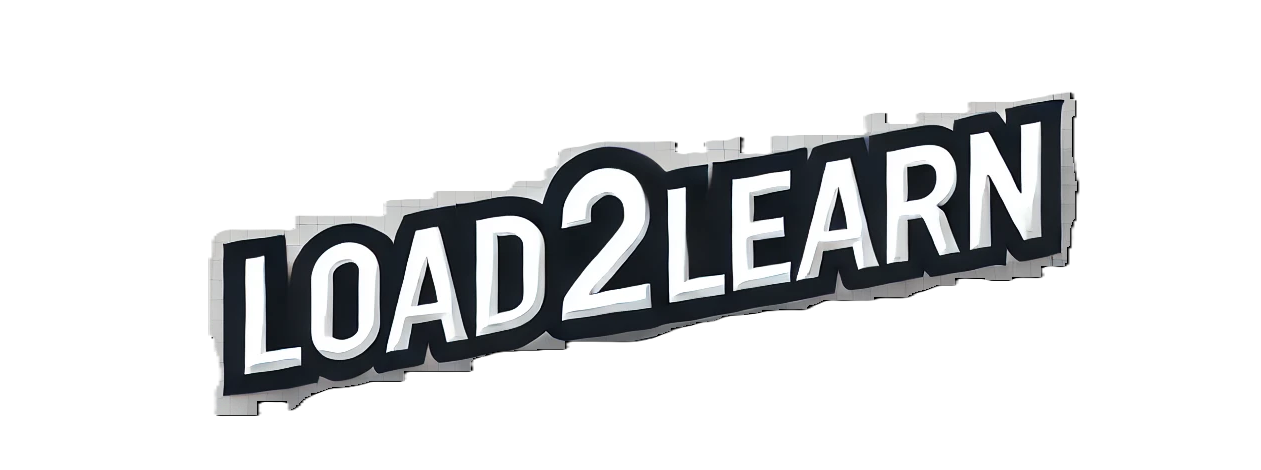








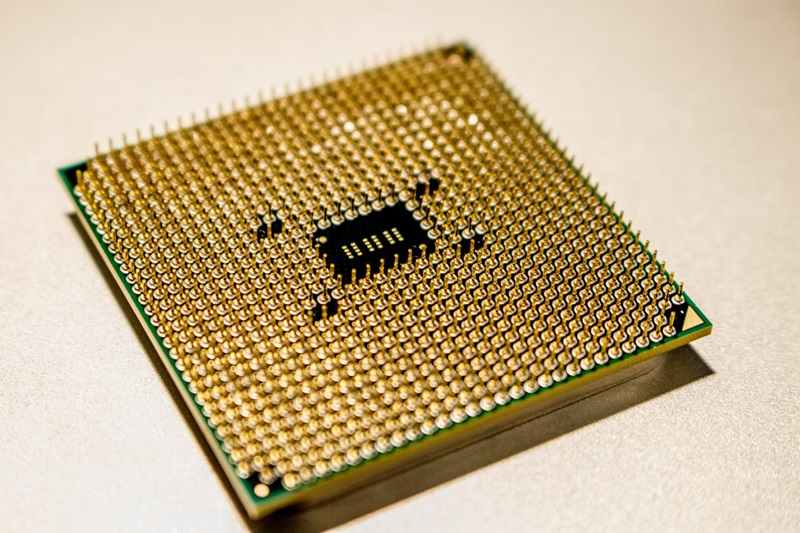
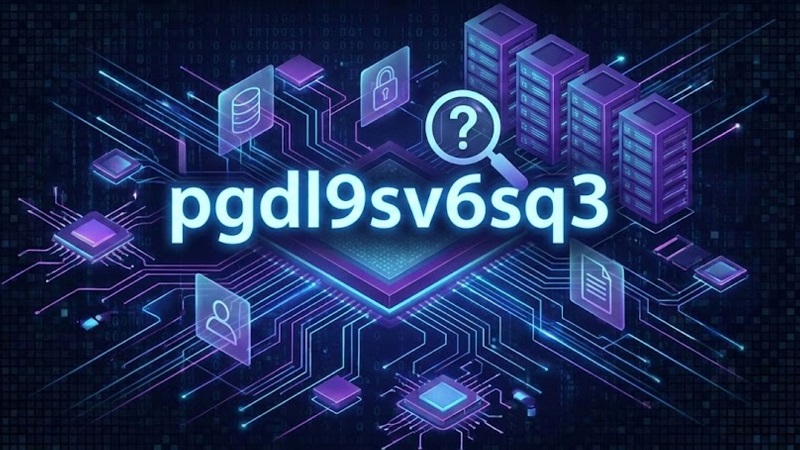




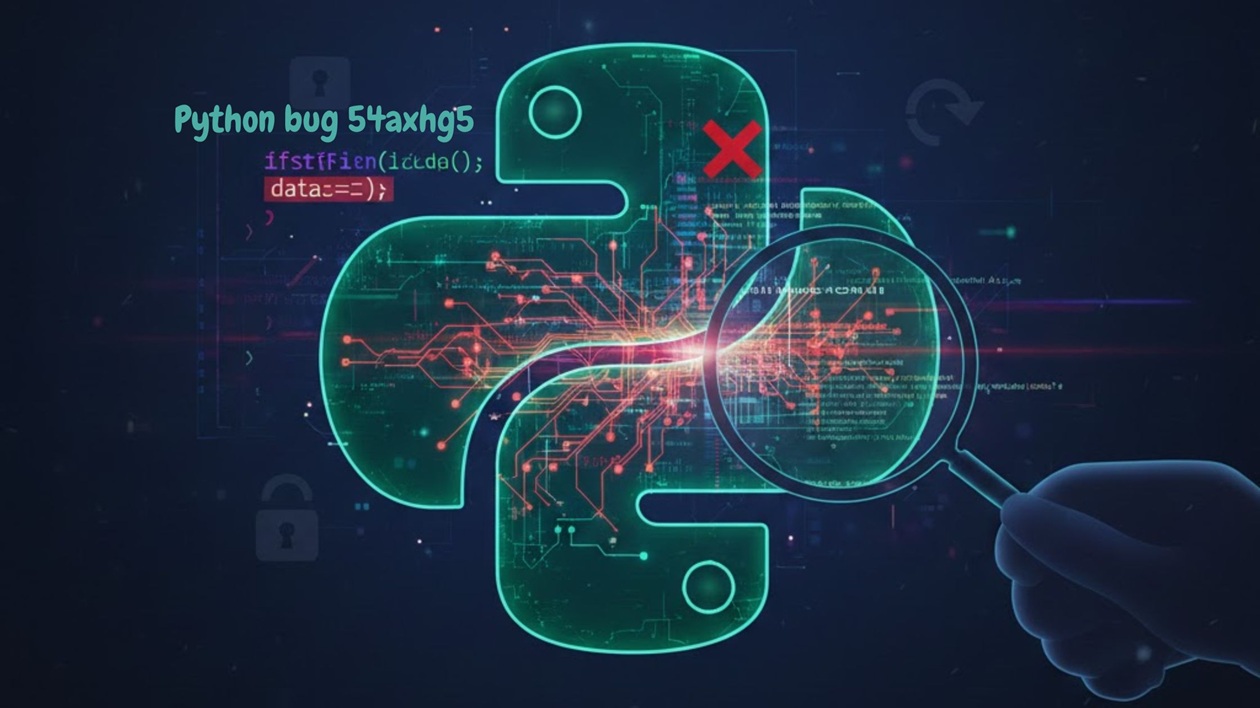
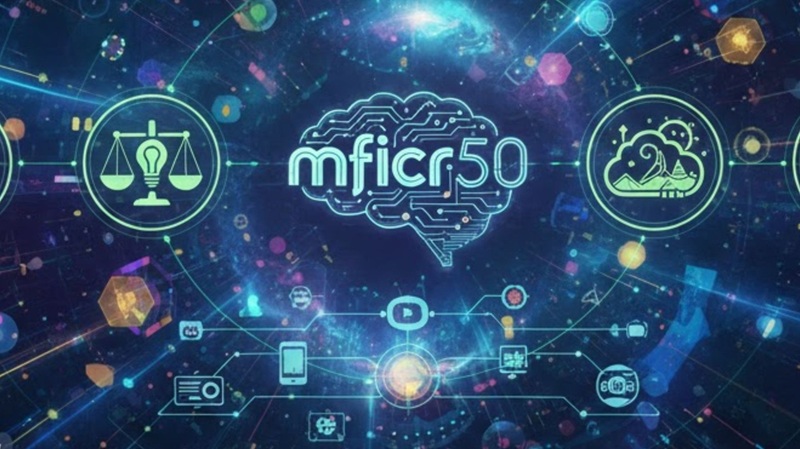

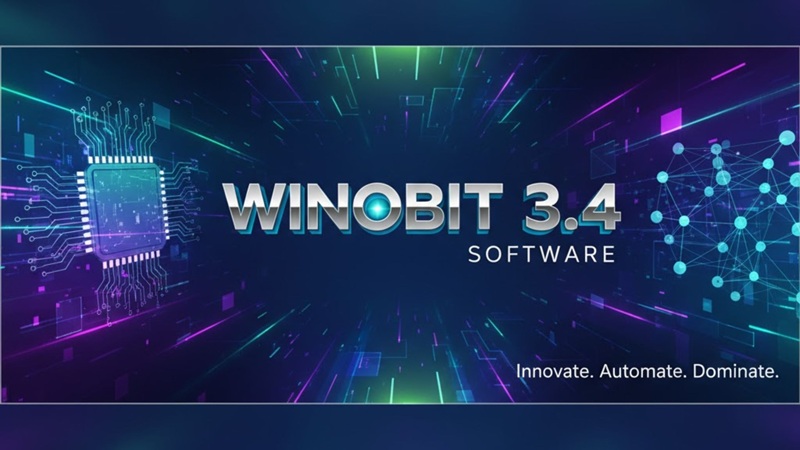
Leave a Reply